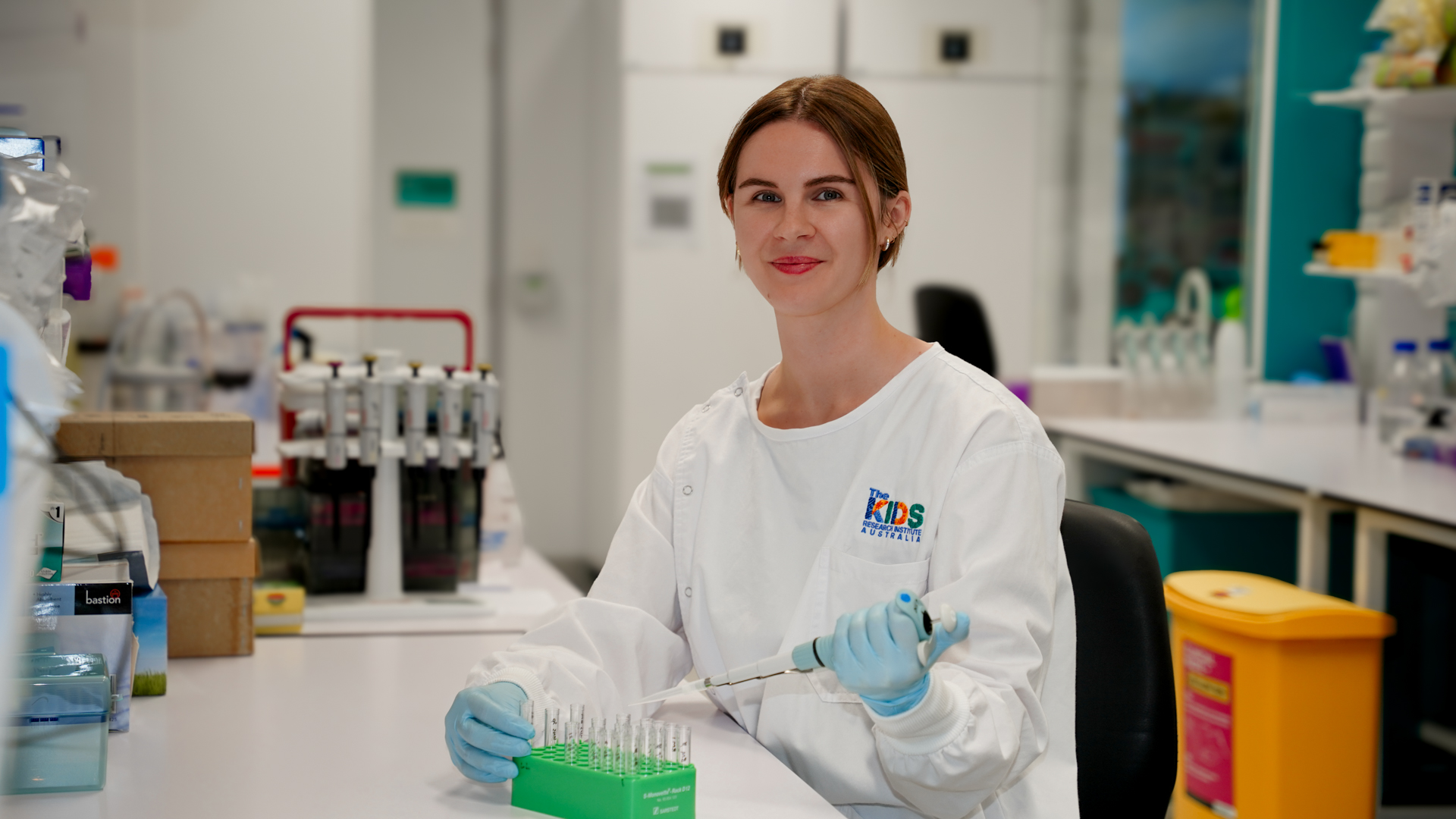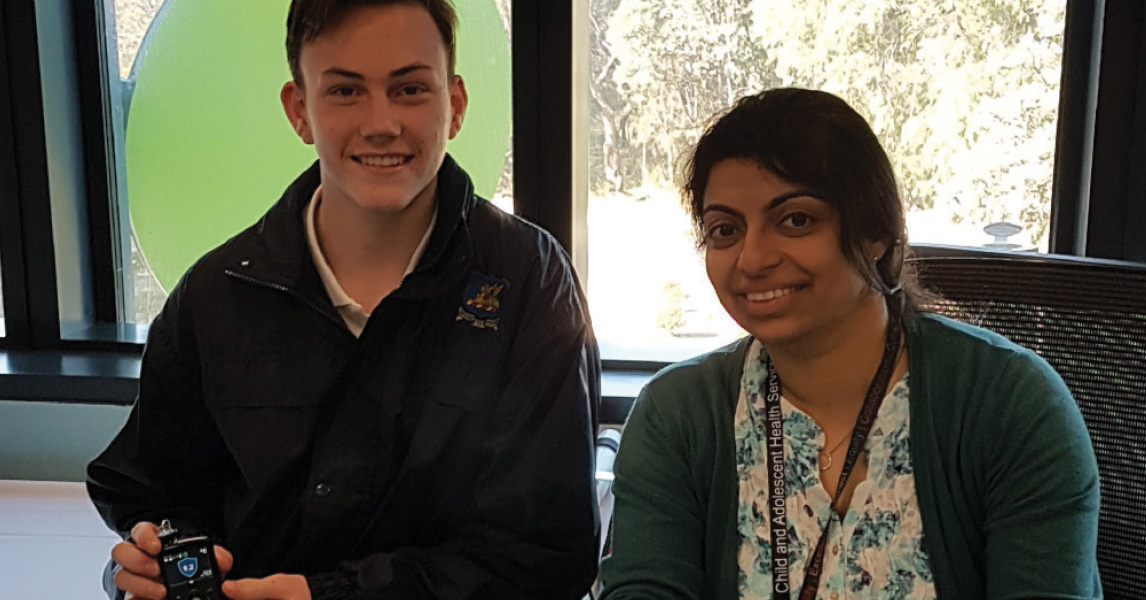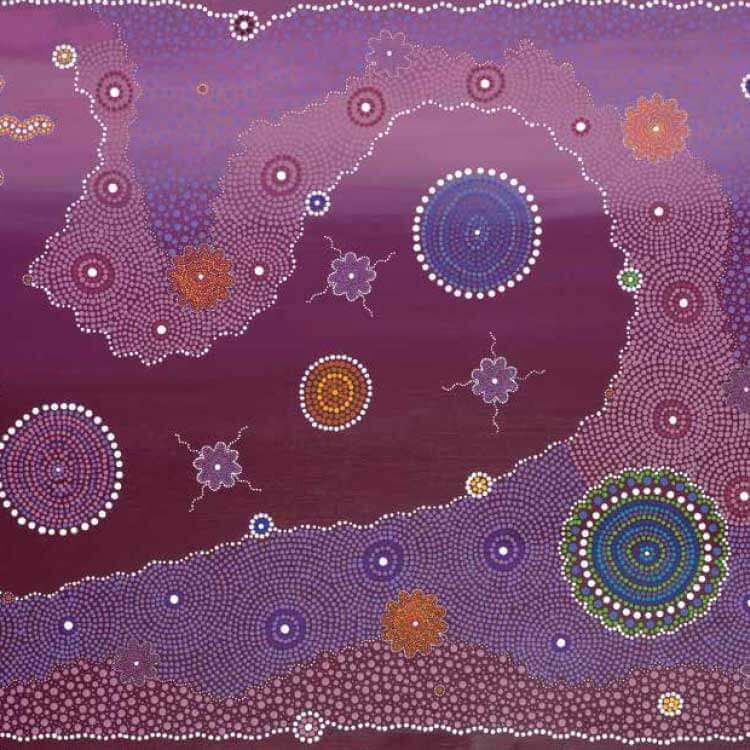Search
Research
What is triggering immune reactions in people with MS?Multiple sclerosis (MS) is a condition where a person's immune system attacks the brain and spinal cord.
Research
Working Towards a Better Understanding of ARFGoal: Characterize the pattern of contemporary and endemic ARF and develop a biological signature to improve sensitivity and specificity of ARF diagnosis.

Recognise. Reframe. Respond.

The Kids Research Institute Australia’s annual Prospective Student Evening is an opportunity for students considering Honours, Masters, MDs, or PhDs to learn about what it would mean to work on a project based at the Institute.

One hundred years after the discovery of insulin, technology advancements are being heralded as the dawn of a new era for managing type 1 diabetes (T1D) in young people.

Research
Working Together Second EditionThis 2nd edition is intended for staff and students and all health practitioners working in areas that support Indigenous mental health and wellbeing.

Research Theme
First Nations Health and EquityAboriginal health is everyone's business. The needs of Aboriginal and Torres Strait Islander families and kids is integrated into all relevant areas of our work. Improving the health and wellbeing of Aboriginal and Torres Strait Islander kids and families is an overarching priority for every team at The Kids.

The Kids Research Institute Australia researchers are urging governments to listen more to what kids need.

An interactive Child Development Atlas is giving policymakers, planners and services easy access to important data about the health and wellbeing of WA families.

Global efforts led by The Kids Research Institute Australia’s Child Health Analytics program will see nations impacted by high rates of malaria empowered to develop their own controls and solutions.
